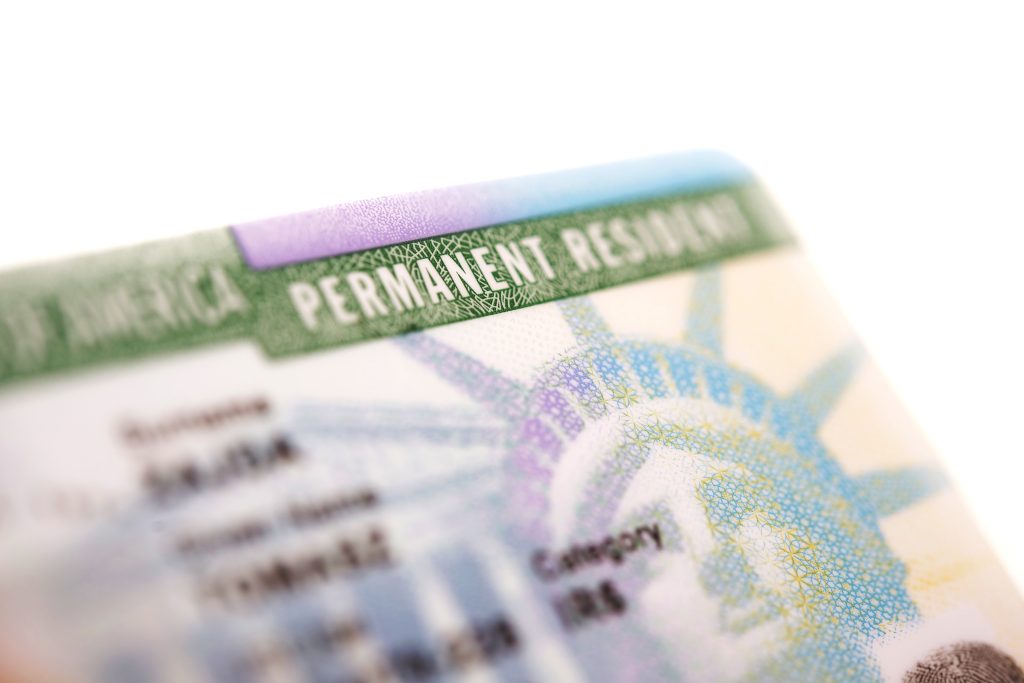Navigating the Journey, to Permanent Residency; Understanding the Rules of Obtaining a Green Card in the United States
Introduction
For those looking to establish residency in the United States, a Green Card officially known as a Permanent Resident Card plays a role in achieving this objective. The procedures to acquire a Green Card are guided by a set of regulations that outline the qualifications, application processes and rights and responsibilities of Green Card holders. Having an understanding of these regulations is vital for individuals navigating through the landscape of U.S. Immigration laws.
Qualifications for a Green Card
The United States Citizenship and Immigration Services (USCIS) provides avenues through which individuals may qualify to apply for a Green Card. These avenues include employment-based immigration, family based immigration, asylum or refugee status and various special immigrant categories. Additionally, individuals may also be eligible for a Green Card through the Diversity Visa Program, which allocates visas to individuals from countries with historically low rates of immigration to the U.S.
Application Procedure
The process, for obtaining a Green Card varies depending on the specific pathway an individual qualifies under. In situations the process typically involves submitting a petition or application, to the USCIS. After that there is a review of the applicants qualifications and eligibility. This process may also include adjusting the status for individuals who are already living in the United States or going through processing for those applying from abroad.
Moreover, applicants might need to attend an interview with an officer provide information and undergo a thorough background check as part of the evaluation process. Additionally, certain categories of green card applicants may face restrictions that can affect how long it takes to process their applications and the availability of visas.
Rights and Responsibilities of Green Card Holders
When granted a green card individual gain lawful permanent resident status, in the United States. This allows them to reside and work in the country indefinitely. Green card holders are also eligible to apply for U.S. Citizenship after meeting residency requirements and fulfilling criteria. However, it is important to remember that green card holders must continue maintaining their status by avoiding periods outside of the U.S. And complying with U.S. Tax regulations.
Moreover, individuals who possess cards are entitled to privileges, such, as access to education, healthcare and social security benefits. However, they also have obligations they must fulfill including registering for the Selective Service (if and adhering to the laws and regulations of the United States.
The validity of cards typically lasts for 10 years after which they need to be renewed through a process facilitated by the USCIS. Additionally, it’s important for green card holders to be aware that engaging in activities could result in the loss of their resident status. These activities include committing crimes failing to maintain residency in the U.S. Or engaging in actions that may suggest an intention to abandon their permanent residence.
In conclusion the rules surrounding cards in the United States reflect the intricacies of the countries immigration system and its various avenues for obtaining permanent residency. By understanding these rules individuals can navigate through the application process with clarity and confidence while acknowledging both their rights and responsibilities as green card holders. Given that immigration policies continue to evolve in the U.S. having an understanding of card rules is crucial for those seeking a stable foundation, for permanent residence.



